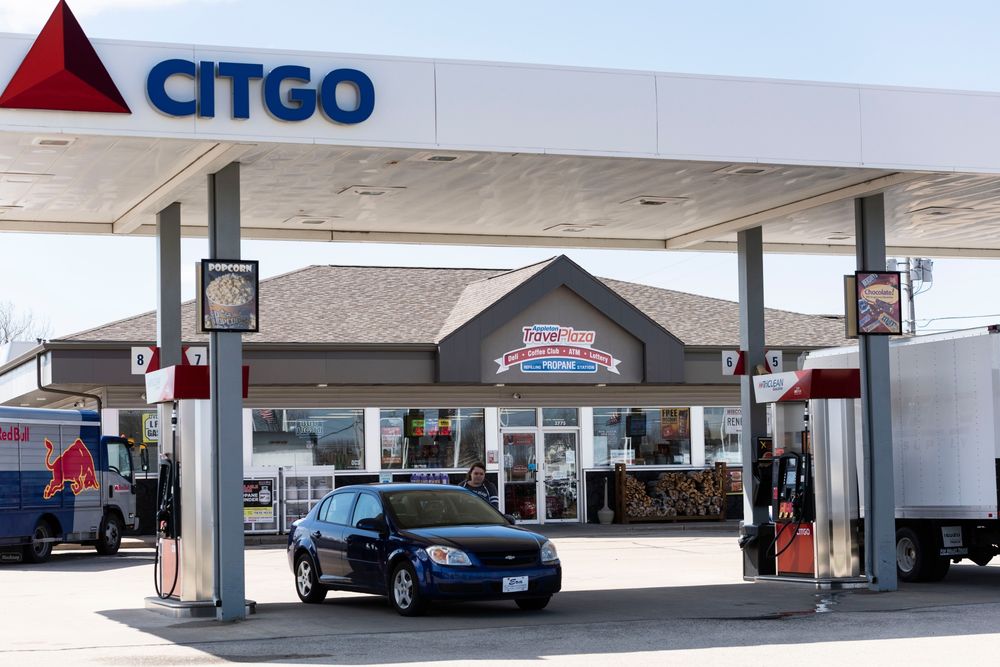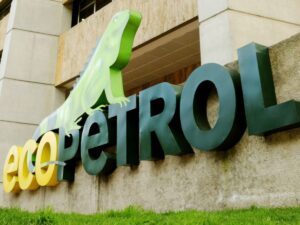
(Reuters, 7.Jul.2023) — Venezuela’s opposition is crafting a proposal for the country to redirect about 200,000 barrels per day of its oil exports to a trustee to pay creditors with claims on the nation’s foreign assets.
Venezuela is battling in U.S. court against bondholders and creditors claiming more than $20 billion from defaults and expropriations, an amount that surpasses the value of its foreign assets.
The latest proposal to be discussed with the Venezuelan government would see a trustee created that would redirect to the United States a portion of Venezuela’s oil exports currently being sold at a discount to China, said Horacio Medina, chief of a board supervising Venezuela’s oil-related foreign assets.
Both Venezuela’s political opposition and the socialist government of President Nicolas Maduro are keen to avoid a break-up of the country’s most important overseas asset, Houston-based oil refiner Citgo Petroleum, which could start as soon as September in an auction of shares.
A negotiation team representing Venezuela in late 2022 began formal talks with some creditors, including miner Crystallex and oil producer ConocoPhillips (COP.N), to avoid the loss of Citgo.
But it is unclear if the latest opposition plan will make headway because it still needs an agreement with Maduro’s administration and a green light from Washington, which in 2019 imposed sanctions on the country’s oil industry.
Last year, the opposition and government began talks with the United Nations to request that a humanitarian fund be set up from Venezuelan funds overseas that were frozen by banks after sanctions were ramped up against Maduro.
But that proposal has made little progress amid faltering talks between the government and opposition lawmakers over the holding of free elections and implementation of reforms.
Under the latest plan, the trustee would receive a portion of sale proceeds to pay creditors, while another portion would pay for fuel supplies to the South American nation, where gasoline and diesel are often scarce. A license by the U.S. Treasury Department would be required and Venezuelan state oil company PDVSA would not have access to cash flow from those exports, Medina said.
“It is technically and operationally possible,” Medina said on Friday during an online forum about Citgo, following an evaluation of the proposal by the supervisory board.
Citgo declined to comment. PDVSA and representatives of the opposition did not immediately reply to requests for comment.
One of the opposition’s arguments is that PDVSA is currently forced by U.S. sanctions to sell its oil in Asia at deep discounts. Those discounts – at least $20 per barrel at current market prices – could be recovered if sales are made to its traditional U.S. clients, including refiners Citgo, Valero Energy (VLO.N) and PBF Energy (PBF.N), and used for funding payments to creditors.
Venezuela in January resumed oil exports to the United States after a four-year pause, following a license extended by the Treasury Department to Chevron Corp (CVX.N) for exporting crude produced by its joint ventures with PDVSA. In June, Chevron shipped 134,000 bpd from Venezuelan ports.
Chevron is refining a large portion of the Venezuelan crude, and selling some to refiners. Energy analysts estimate the U.S. Gulf Coast has more room for processing Venezuela’s heavy sour crude grades.
____________________
Reporting by Marianna Parraga in Houston and Deisy Buitrago in Caracas; Editing by Rosalba O’Brien

